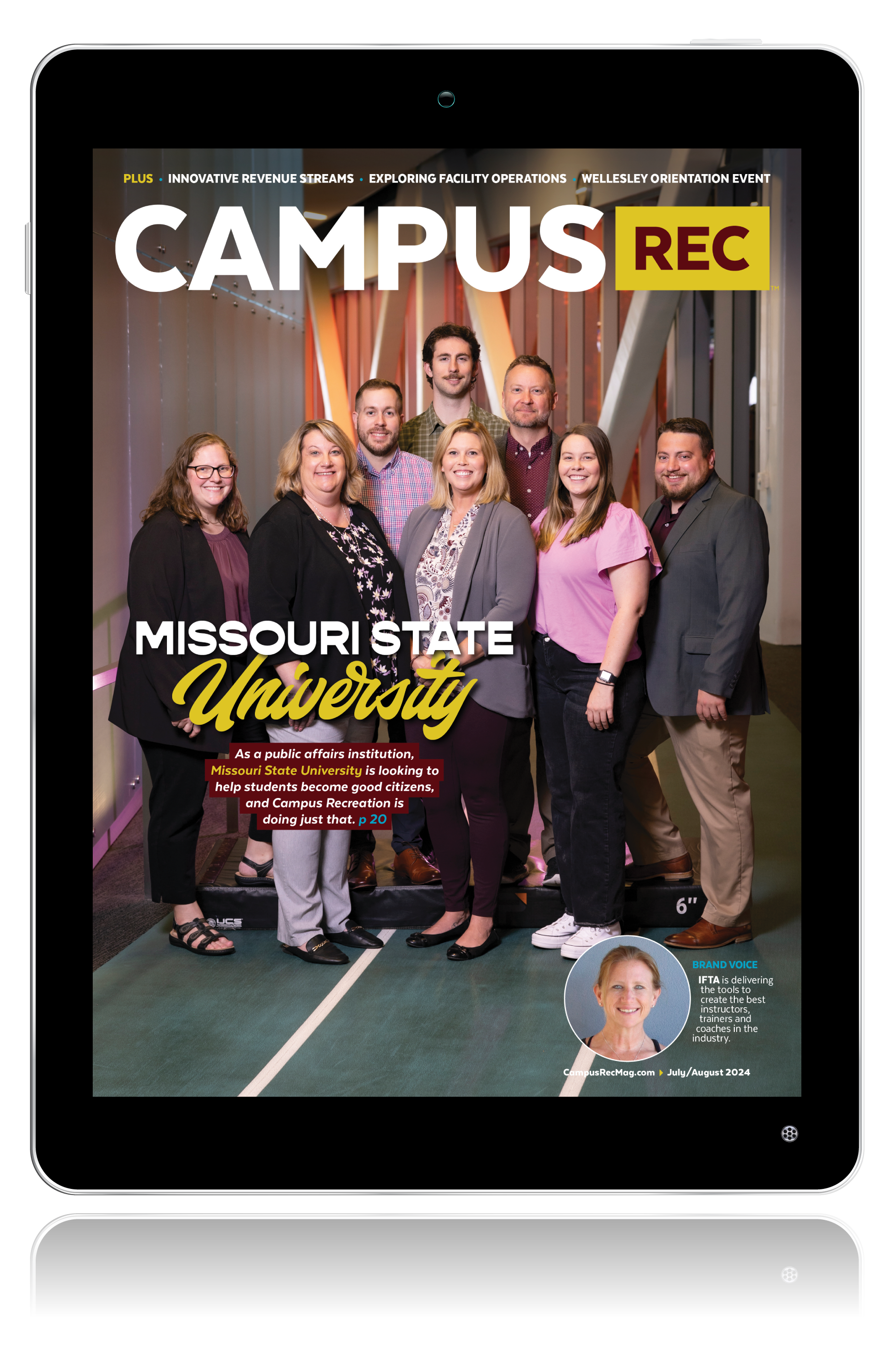What does it mean to be immunocompromised?
A student might use this term to describe themselves if they one, have a medical condition preventing them from generating antibodies after getting a vaccine, or two, they are taking a medication that reduces their body’s ability to fight off disease. For example, if a person has an organ transplant, they receive medication suppressing their immune response to decrease the likelihood their body will reject the new organ. Other conditions that can affect the immune system include:
- Treatment for cancer.
- Common Variable Immunodeficiency (CVID).
- Chronic Fatigue Syndrome.
- Active treatment with corticosteroids.
Immunocompromised students might not feel safe exercising inside a gym, even if they themselves wear a mask. Heavy breathing and moisture from sweat can affect a mask’s seal. During times of higher community COVID-19 transmission, students who may not meet a clinical definition of immunocompromised but are at greater risk of adverse effects — for example due to asthma or diabetes — might also choose to avoid campus gyms entirely.
Considering student wellness from a perspective valuing diversity, equity and inclusion (DEI), campus recreation leaders can serve the needs of immunocompromised students through creativity, outdoor resources and virtual fitness options. Moreover, providing reasonable accommodation on campus for students who identify as having a disability is important for compliance with the Americans with Disabilities Act.
Outdoor Fitness
According to the CDC, outdoor activities are a safer option for people at greater risk of respiratory disease.
Examples of guided outdoor recreation offerings include:
- Holding Tai Chi, Pilates or yoga classes in a grassy area near the gym.
- Classes that use existing infrastructure. As an example, Harvard Recreation’s “Stadium Masters” group fitness class uses the campus football stadium stairs early in the morning.
- “Pop up” outdoor group fitness classes on campus — cleared with facility managers — which also serve as great visibility “advertising” campus recreation resources.
- Collaboration with campus outing clubs. For example, Williams College has offered students snowshoe and cross-country ski rental, guided hikes such as a sunrise hike to a landmark called Pine Cobble, and nature walks where students can learn about local botany. Teaching winter safety best practices — like the importance of wearing warm, waterproof gear — can help orient students who have not seen cold, snowy weather.
Virtual Fitness
Offering virtual fitness classes, hosted through an official campus recreation website, can help immunocompromised students get a workout in at home. Virtual fitness instructors should have a reliable internet connection, access to a clean workout space conducive to filming, and good quality lighting and audio equipment. One option campus rec departments might use is to create an online message board which participants can use to contact their instructors with questions. Standard group fitness safety best practices must be included, such as warmups, cool down, water breaks and modification options that help participants choose their preferred level of difficulty.
Esports
Creating a recreational Esports program is a great way to foster social connection. Students can participate using their own computers and communicate on web-based applications such as Slack or Discord. Examples of esports games include Madden, Fortnite, Dota 2 and Overwatch. NIRSA is a tremendous source of information for campus recreation leaders interested in starting an esports program. Another resource is Understanding Collegiate Esports by Hoffman et. al. An example of a university with a successful recreational esports program is Shenandoah University in Virginia.
Outdoor Sports and Recreation
Now is a great time to plan the recreational use of existing outdoor fitness facilities and other infrastructure for the spring and summer. Campus recreation leaders can organize and promote activities like two-on-two volleyball tournaments, casual golf or disc golf competitions, and outdoor games like badminton. If a campus has an outdoor pool, small group classes can be offered on topics like how to dive off a block or how to do a flip turn — limiting participation to one person per lane, keeping the needs of this specific population in mind.
If your campus has an advocacy group for students with disabilities, it is important to reach out to their leadership to ask how the recreation department may best serve their members’ needs. Student Affairs may facilitate this connection.
In summary, offering creative outdoor programs and virtual fitness options is a great way to foster an inclusive environment for immunocompromised students or any student who enjoys at-home training, socializing online and the great outdoors.
Want more resources like this sent straight to your inbox each week? Sign up for a digital subscription here.










